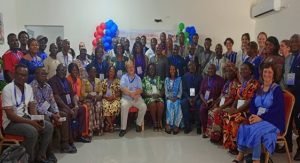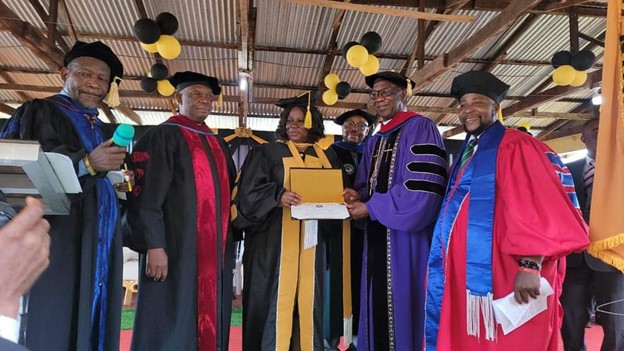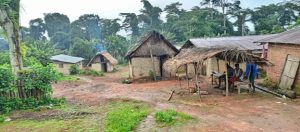Liberia: Caught Between Survival and Conservation: Lofa Hunters Plead for Government Action
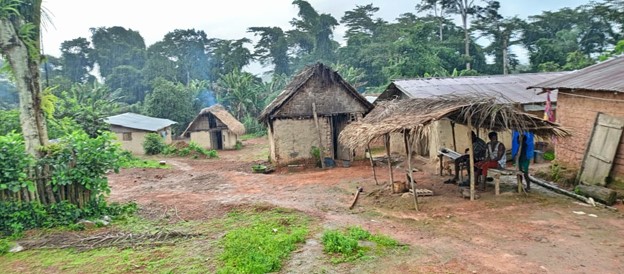
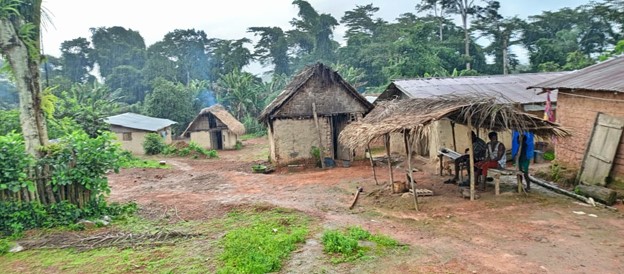
Hunters in Bedayeabei, a community within the proposed Wologizi Reserve Forest, have expressed frustration over the impact of wildlife conservation efforts on their livelihoods.
By Korto D. Snowe, contributing writer
Many regret their actions in hunting wildlife, acknowledging the importance of these animals for future generations. However, they emphasize the lack of alternative sources of income, which forces them to continue hunting despite their desire to stop.
Hunting bushmeat was banned in Liberia in 2016 under the National Wildlife Conservation and Protected Area Management Law.
Speaking with this writer, in Bedayeabei, James Gayflor, a health worker who also hunts to complements support for his family, shared his feelings of sadness over his role in hunting: “It’s a tough decision,” he explained. “Leaving my family at night to hunt in the cold and rain is not something I enjoy, but we don’t have other options. The government’s ban on hunting wildlife has started affecting us, and without alternative means, our livelihoods will be severely impacted”, James explains.
Chief Vanrey, the assistant town chief of Bedayeabei, who is also a hunter, noted that many hunters in the area are well-educated, including high school and college graduates, health workers, and tradespeople. He pointed out that unemployment is the main reason why so many young people have turned to hunting as a business. “In the past, hunting wasn’t about business,” he said. “Now, it’s the only way for many of us to survive.”
Both Gayflor and Vanrey called on the Liberian government to provide alternative livelihoods, such as livestock farming, so that hunters can transition away from wildlife hunting. They stressed that empowering hunters with resources for domestic animal farming could significantly reduce the need to kill wildlife.
Madam Kormassa, a bushmeat trader, echoed their concerns. “I don’t enjoy crossing rivers and going deep into the forest to buy meat, but the bushmeat business gives me fast profits to take care of my family. If the government could support me with a business loan, I would gladly leave the bushmeat business,” she said, highlighting the economic challenges faced by those reliant on the trade.
Ma Kebbeh Kollie, the wife of a hunter, expressed similar distress. “It’s hard to let our men go out at night in the cold and rain, knowing they might be harmed or harm others in the process,” she said. Kollie added that due to restrictions on farming in forest areas and the limited availability of fertile land, many families are unable to grow enough crops to meet their needs.
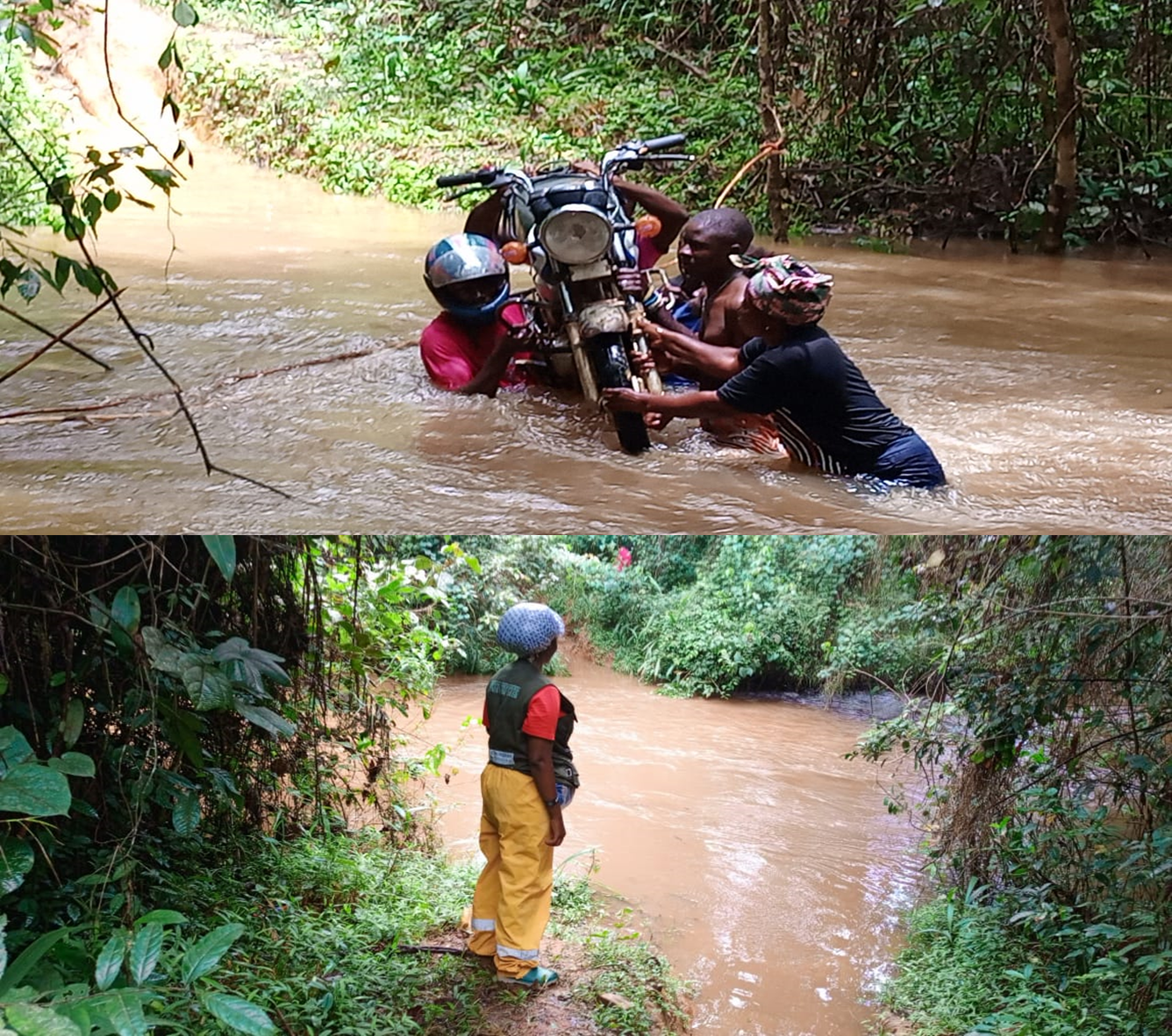
She called for government support, including empowerment for hunters and their wives, as well as infrastructure development, such as health centers and schools for their children.
In response, Titus N. Buah, the Lofa County Supervisor for the Forestry Development Authority (FDA), emphasized the importance of protecting Liberia’s wildlife, particularly endangered species.
He warned that if hunting continues unchecked, future generations may never see these animals in the wild. “In 2005, Liberia had the largest forest coverage in Africa at 53.1%. Now, it’s around 49.27%, which is why the government enacted the Forest Reform Law to protect our forests and wildlife,” he said.
Buah acknowledged the challenges faced by hunters but noted that the FDA lacks the resources to provide alternative livelihoods. He explained that some senior hunters have been incorporated into conservation efforts, where they are paid to help protect the forest, but more support is needed.
Moses Ballaya, a ranger assigned to Bedayeabei, echoed these concerns. “My job as a ranger is challenging because we are under-equipped. Sometimes I hear gunshots in the forest, but by the time I reach the scene, the hunters have already fled with the animals,” he said.
Ballaya, who works as a volunteer, called on the government to provide more resources and hire additional rangers to help protect Liberia’s forests effectively.
Meanwhile, Mr. Mohamed Kamara, the Coordinator of Civil Society Organization in Lofa said the FDA does not seem ready to put an end to hunting wildlife on grounds that the hunters and communities lack alternative livelihood to sustain them and their families.
“If they are stopped from the hunting activities that help them to support their children in school and take care of their families, how do you think they will get money when you stop their direction of getting money to support the children education and the household, and this is what they have been depending on a while,” he said.
He called on the government to provide alternative livelihood to the citizens of Bedayeabei in order for them to stop the hunting of bushmeat.
This story was published as part of the Liberia Forest Media Watch effort to strengthen opportunities for rural female journalists to produce print and radio news stories on natural resource with support from the European Union through the French Development Agency.
The post Liberia: Caught Between Survival and Conservation: Lofa Hunters Plead for Government Action appeared first on FrontPageAfrica.


